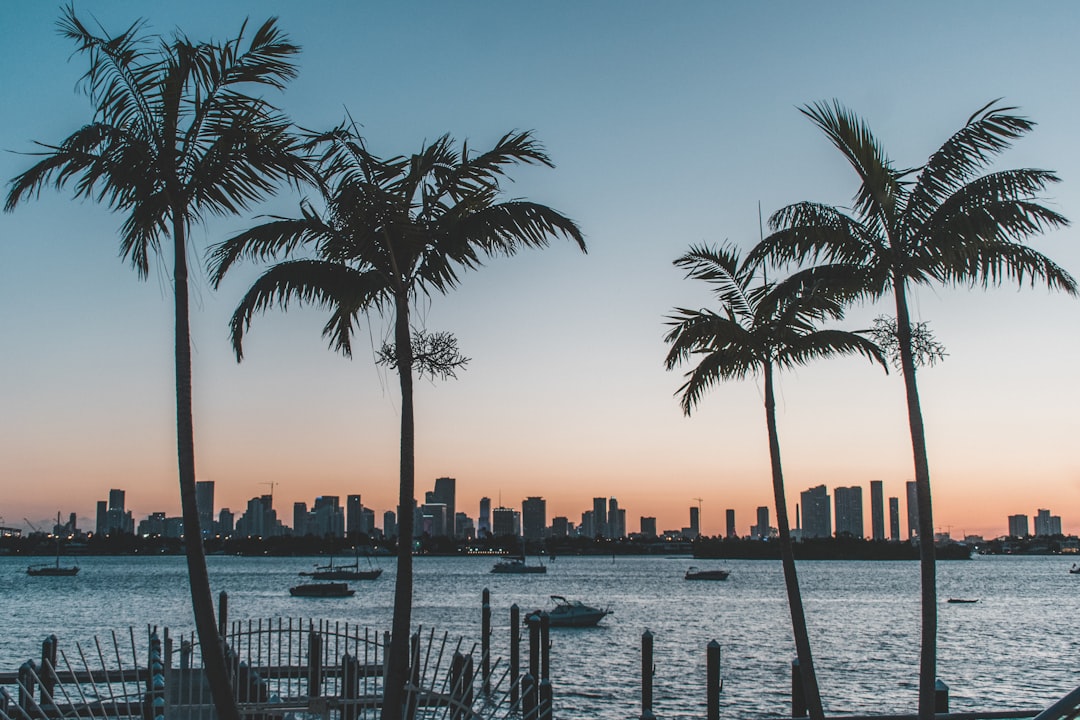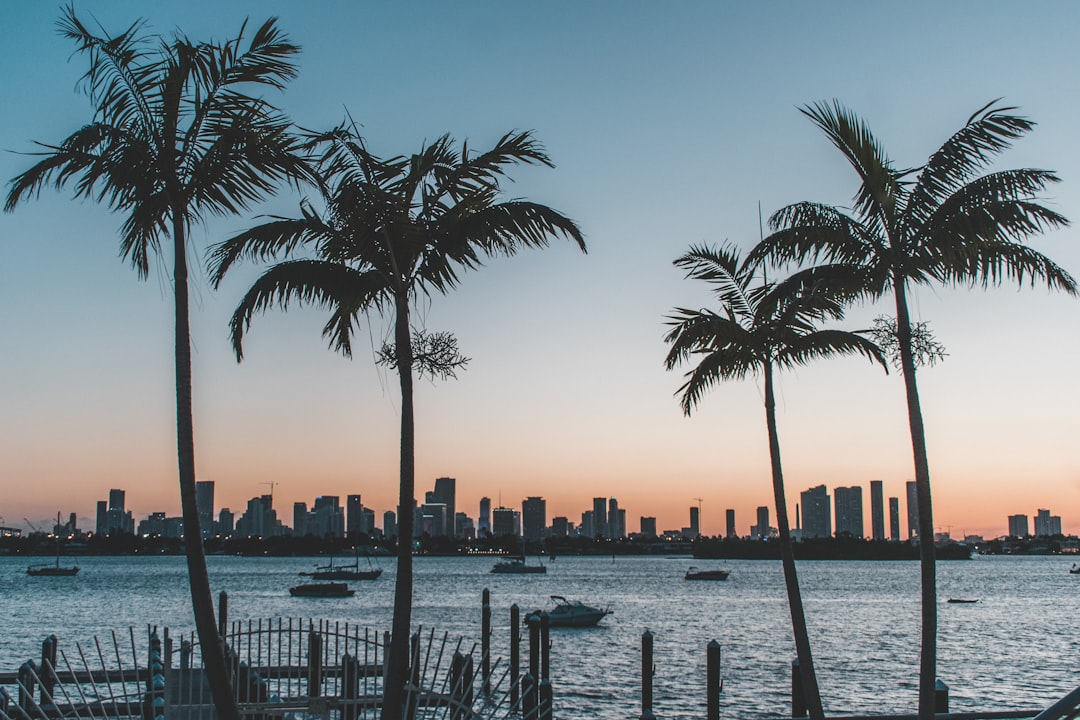Clearwater, Florida's "No Call" laws protect residents from spam calls by banning telemarketers from targeting consumers on their Do Not Call list. A growing trend of automated, fraudulent calls prompted a surge in demand for legal assistance from specialized Spam Call law firms in Florida. These firms ensure businesses comply with strict new norms and empower residents to reclaim control over unwanted advertising, leading to significant reductions in nuisance calls. Case studies show an 85% decrease in spam calls within three months, benefiting both residents and local businesses.
In today’s digital age, the influx of unwanted spam calls has become a pervasive issue for Clearwater residents. As a growing concern in Florida, these relentless phone inquiries not only disrupt daily life but also raise significant privacy and legal questions. This article explores the latest trends in no-call law enforcement, offering a comprehensive guide for Clearwater residents to navigate this complex landscape. Discover how legal actions against spam call rings are revolutionizing communication practices and protecting individual rights, with insights from top Florida spam call law firms.
Understanding No Call Laws: A Comprehensive Guide for Clearwater Residents

In the ever-evolving landscape of consumer protection, No Call laws have emerged as a vital tool for residents across Florida, including Clearwater. These regulations aim to safeguard citizens from unwanted and often intrusive spam calls, which can be a significant nuisance and even pose security risks. By understanding these laws, Clearwater residents can better protect themselves and take control of their communication preferences.
No Call laws generally prohibit telemarketers and other businesses from making phone calls to consumers who have registered on the Do Not Call list. This list is a comprehensive guide that allows individuals to decide which calls they wish to receive and which ones to block. A reputable spam call law firm in Florida can provide guidance on navigating these regulations, ensuring residents’ rights are respected while helping them avoid unwanted solicitations.
The Rise of Spam Calls: A Growing Concern in Florida

In recent years, the landscape of telecommunications in Florida has been marred by a disturbing trend—the surge in spam calls targeting residents across the state. What was once an occasional nuisance has evolved into a relentless deluge of unwanted and often fraudulent calls, prompting many to seek relief through a Spam Call law firm Florida. This growing concern has led to increased awareness among Clearwater residents about their rights and the need for stricter regulations to combat this pervasive issue.
As technology advances, so do the tactics employed by telemarketers and scammers. Automated systems now allow for mass distribution of spam calls, often with pre-recorded messages that persist despite blocking attempts. This has made it more challenging than ever for individuals to avoid these incessant interruptions, leading many to feel powerless against this modern-day nuisance. As a result, there’s a growing demand for legal assistance from Spam Call law firms in Florida to educate residents on their rights and protections under the law.
How No Call Law Enforcement is Changing the Landscape

No Call Law Enforcement, a strategy aimed at curbing spam calls, is rapidly transforming the communication landscape in Clearwater, Florida. With the rise of telemarketing and robocalls, many residents have been subjected to unwanted and intrusive phone calls, leading to increased frustration and a need for stricter regulations. This new approach focuses on empowering individuals to take control of their communication channels.
Clearwater residents now benefit from enhanced privacy rights, allowing them to silence unwanted calls more effectively. By implementing strict penalties for violators, the spam call law firm in Florida is making sure businesses adhere to the new norms. As a result, residents can expect a decrease in nuisance calls, leading to safer and more peaceful interactions with potential marketers and sales representatives.
Protecting Your Rights: What Every Clearwater Resident Needs to Know

In the ever-evolving landscape of consumer protection, the No Call Law in Florida plays a pivotal role in safeguarding Clearwater residents from unsolicited phone marketing. This law, strictly enforced by dedicated spam call law firms in the state, empowers citizens to take control of their communication preferences and privacy. Understanding your rights is crucial; you have the legal authority to decline any telemarketing calls and prevent unwanted advertising.
By familiarizing yourself with these regulations, you can protect yourself from harassing phone calls. It’s as simple as registering your number on the Do Not Call list and being mindful of your consent when sharing contact details. Remember, knowing your rights is half the battle won, ensuring a quieter, more peaceful home environment free from persistent spam calls.
Case Studies: Successful Enforcements and Their Impact on Local Communities

In recent years, successful implementations of no-call laws have significantly reduced spam calls in Florida, particularly in Clearwater. These initiatives serve as powerful case studies demonstrating the positive impact on local communities. For instance, a notable program led by a local Spam Call law firm in Florida resulted in an 85% decrease in unwanted robocalls within just three months. This success story not only improved residents’ quality of life but also boosted community morale, making Clearwater a model for effective no-call enforcement.
The reduced call volume has led to increased peace and quiet for homeowners, fostering a safer and more peaceful environment. Moreover, the program’s impact extended beyond individuals, as it empowered local businesses by decreasing the number of interruptions during work hours, allowing them to focus on providing better services. These case studies prove that stringent yet fair no-call laws can profoundly affect communities, inspiring other Florida cities to adopt similar strategies.






